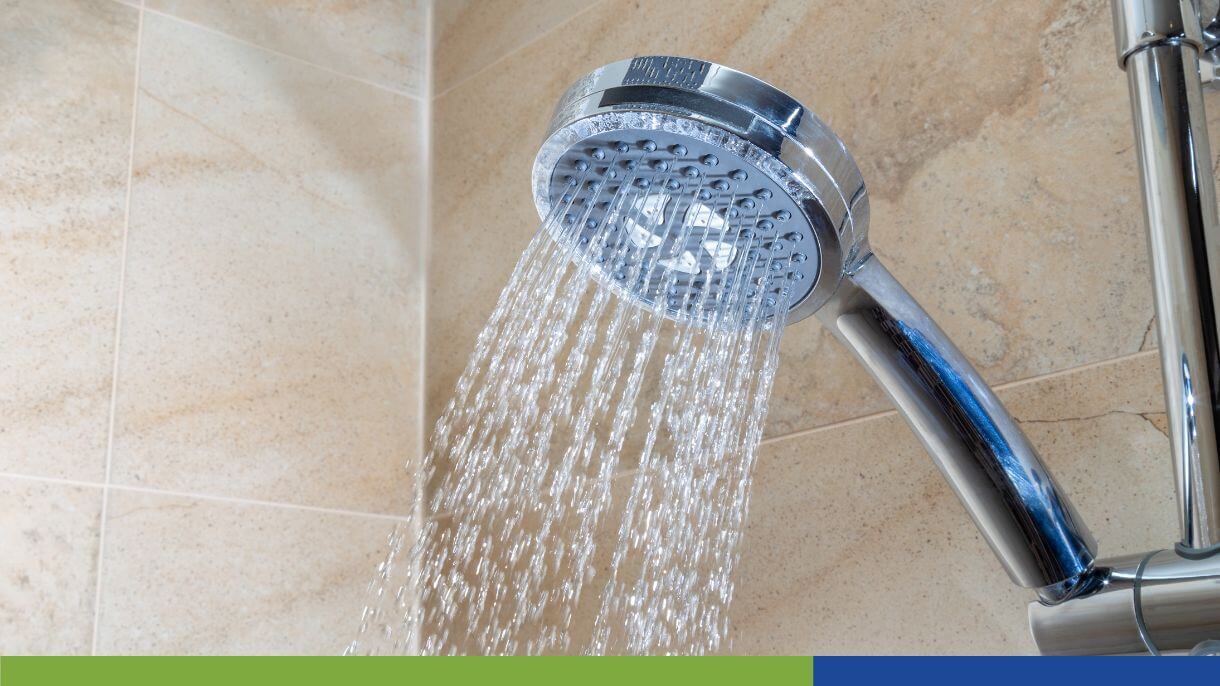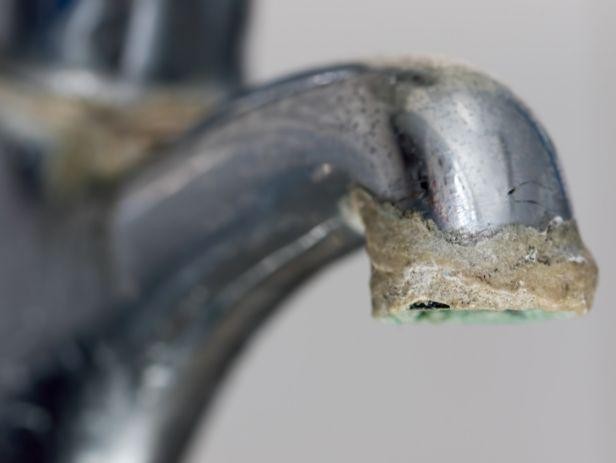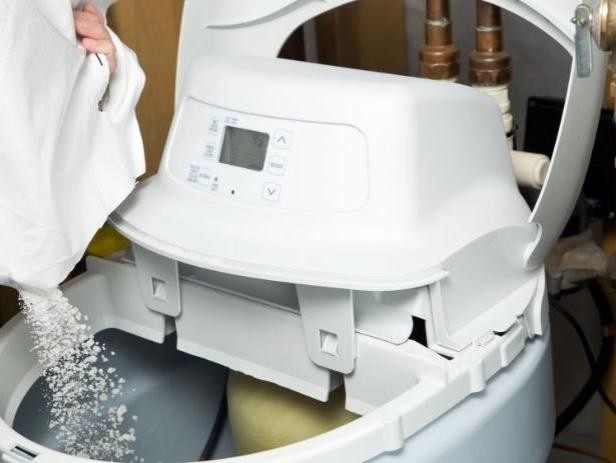
What is Hard Water & How to Know if You Have It

The simple definition of hard water is the amount of dissolved calcium and magnesium in the water, so basically, hard water is high in these dissolved minerals. Although water is typically crystal clear it contains minerals and chemicals, and the concentration of certain minerals is what creates “hardness” in water.
What are the signs of hard water?
You are unable to tell by looking at water whether it’s hard or soft. However, one quick and easy indication that you are dealing with hard water is the feeling of film on your hands after washing them. Other signs of hard water include water spots, mineral stains, and less water pressure in your home.

Are there any health risks associated with hard water?
There are absolutely no adverse health impacts related to hard water, however, hard water can contribute to dry skin, hair, and scalp. The minerals can also cause a change in the PH balance of your skin which could cause issues for those who already have skin issues such as eczema. Generally speaking, most people can safely drink hard water without any side effects.
What are the impacts of hard water?
Hard water can cause water spotting and leave a cloudy residue on your glasses and silverware, in addition to causing laundry issues such as faster fading clothing and detergent residue. Hard water also can cause build-up on your dishwasher which could prompt the need for replacement parts in the future.
Hard water can also potentially create issues with your water heating and plumbing systems leading to limescale deposits. These limescale deposits can potentially interfere with boiler elements and pipes. Pipes clogged with limescale reduce efficiency, increase energy bills, and will ultimately need to be replaced.
What are the benefits of hard water?
We talked about some negative impacts, but hard water also has many benefits. Since hard water contains high concentrations of magnesium and calcium, drinking hard water may help you to get your daily recommended essential minerals. Hard water is also less likely to cause corrosion of pipes, tastes better, and contains less sodium.
What can you do about hard water in your home?
A home water softening system is recommended if you are concerned about hard water in your home. On average, homes with water softeners not only save energy but also improve the efficiency of their water heaters – and may even boast cleaner laundry and dishes.
